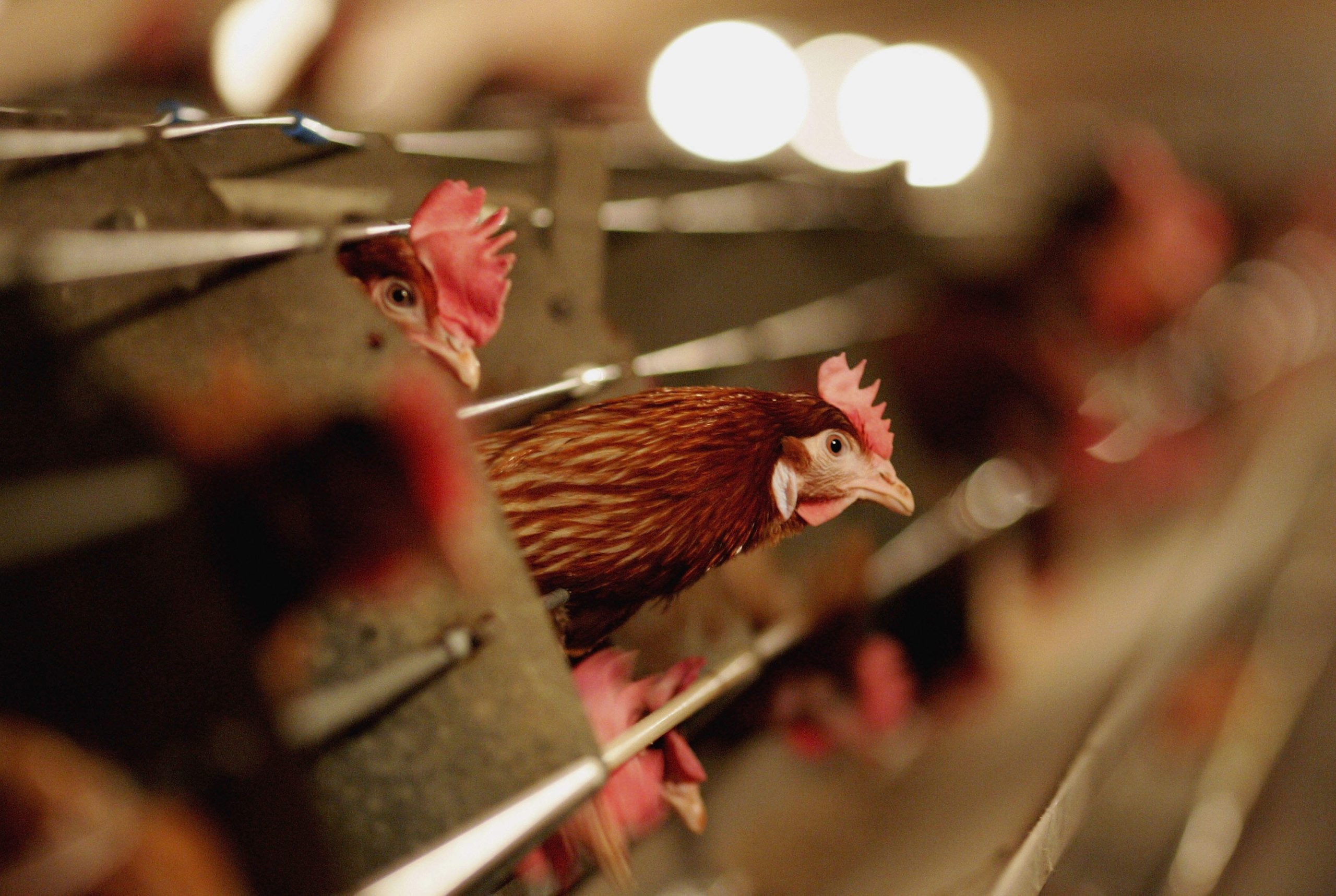
To begin with, it seemed that Barry’s wrists were the problem. He told me about the pain he was experiencing, the pins and needles that came and went in his hands. I started to examine him. His palms were calloused, his fingers thick and stubby, veterans of the heavy work he’d undertaken throughout his 57 years. Even as I assessed this first problem, he mentioned his knees. I moved on to look at those. Then it was his back. I couldn’t get to grips with one thing before he veered to the next.
I teach my registrars to be aware how a consultation is making them feel: that can give valuable clues to the patient’s own emotional state. Barry was making me feel overwhelmed, the more so as I learned that he’d been experiencing all these problems for years.
“Why are you coming to see me about them now,” I asked, “rather than six months ago – or in six months’ time?”
“I need some time off, doc.”
There was something about the way he wouldn’t meet my gaze. And again, that feeling of being overwhelmed.
“What’s going on at work?” I asked him.
His tone hardened as he told me how he’d lost his temper a couple of days earlier. How one of the others had been winding him up, and something inside him had snapped, and he’d taken a swing at his workmate and landed a punch.
Barry had walked out and hadn’t been back. I tried to find out if he’d heard from his boss about the incident, if he knew what was likely to happen next.
He told me he didn’t care.
We talked some more. I learned that he’d been uncharacteristically short-tempered for months; his partner was fed up with being shouted at. Sleep had gone to pot, and Barry had taken to drinking heavily to knock himself out at night. He was smoking twice his usual amount. Men like Barry often don’t experience depression as classic low mood and tearfulness; they become filled with rage and turn in on themselves, repelling those closest to them in the process.
Depression is a complex condition, with roots that can frequently be traced right back to childhood experiences, but bouts are often precipitated by problems with relationships, work, money, or health. In Barry’s case, the main factor turned out to be his job. He’d been an HGV driver but at the start of the year his company had lost its operator’s licence. To keep the business afloat, his boss had diversified. Barry hated what he now had to do. He was now a “catcher”.
I didn’t know what that meant. Getting up at the crack of dawn, he told me, driving to some factory farm somewhere, entering huge sheds and spending hours catching chickens, thousands upon thousands of them, shoving them into crates, stashing the crates on a lorry, working under relentless pressure to get the sheds cleared and the birds off to the next stage of the food production chain.
“It’s a young man’s game,” he told me. “It’s crippling me, all that bending and catching.”
It wasn’t really his joints, though. Men like Barry can find it hard to talk about difficult emotion, but it was there in his eyes. I had a sudden understanding: Barry, capturing bird after panicking bird, stuffing them into the transport containers, the air full of alarmed clucking and dislodged feathers. Hour after hour of it. It was traumatising him, but he couldn’t admit anything so poncey.
“I just want to get back to driving.”
That would mean landing a new job, and he doubted he would be able to do so, not at his age. He couldn’t take just any old work, either: he had to earn a decent wage to keep up with a still sizeable mortgage.
We talked about how antidepressants might improve his symptoms, and made a plan to tackle the alcohol. I signed him off to give him some respite and a chance to look for new work – the one thing that was going to resolve his depression. But in the meantime, he felt as trapped as the chickens that he cornered, day after soul-destroying day.
Phil Whitaker’s novel “Sister Sebastian’s Library” will be published by Salt in September
This article appears in the 20 Jul 2016 issue of the New Statesman, The English Revolt






